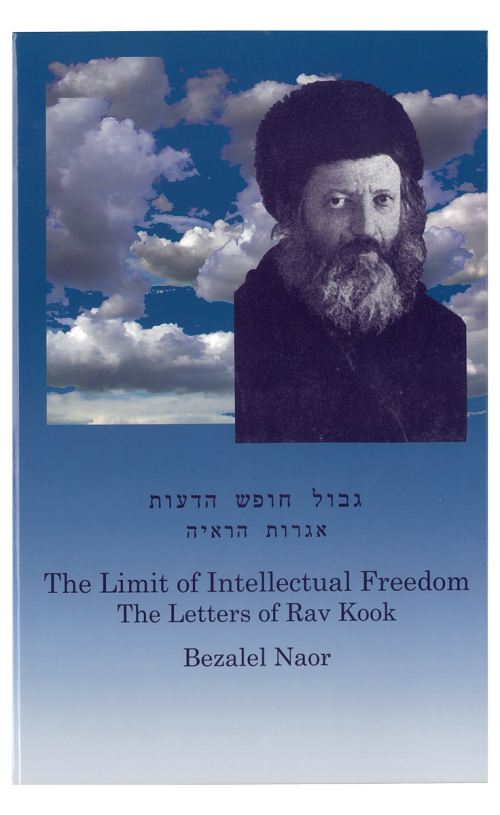Description
Abraham Isaac Hakohen Kook served as the first Ashkenazic Chief Rabbi of Erets Israel from 1921 until his death in 1935. Born in Grieva, Latvia in 1865, he studied in the famed Volozhin Yeshivah, dubbed “the mother of yeshivot.” Beside the intellectual tradition of Volozhin, reaching back to the Vilna Gaon, Rav Kook was exposed in early childhood through his mother’s family to the mystical legacy of Habad Hasidism.
What is so unique about Rav Kook is that he grapples with the issues confronting modern man to an extent unparalleled by his rabbinic peers. The reader will no doubt be surprised to learn that this most gifted thinker,with his finger on the pulse of the time and his tongue conversant in contemporary idiom, never stepped foot in a secular university.
Bezalel Naor, an acknowledged interpreter of Kookian philosophy, traces a single theme running through the Letters of Rav Kook: freedom of thought. How much intellectual freedom does Judaism grant its believers? Are Jews permitted to embrace new cognitive models or are they bound to adhere to received notions? According to Rav Kook, there is not a single response to this question, but two. In a stroke of genius, Rav Kook identified differing postures of the Jerusalem Talmud versus the Babylonian Talmud. Rav Kook then continued to outline incarnations of these postures in succeeding ages, suggesting that many of the great controversies in the Geonic, medieval and modern periods are rooted in this fundamental difference of outlook.
This is a book that will help us to understand how generations–past, present and future–go about structuring their metaphysical realities.
Based on a lecture at an international conference on Jewish spirituality held in Toronto in 2007.




Reviews
There are no reviews yet!